After 90 years, Tehran municipality changed the signage of a dead-end alley near Baharestan Street. But if you look closely, the name of the founder of the capital's first kindergarten can still be seen: Bersabeh Hospian.
In the sole remaining photograph of this kindergarten, a woman is standing proudly among her students, gazing at the camera.
According to all educational sources, Bersabeh was an influential figure in Iranian children's education. She established the first kindergarten in Tehran, right in the heart of the capital city.
Named Bersabeh Kindergarten, it was a pioneering institution that implemented a new educational approach and remained operational for many years.
According to the Iranian Armenian History book, Bersabeh Hospian Sanghchian was born in 1906 in the village of Mamoran, Chaharmahal and Bakhtiari province.
At the age of one, she settled in Tehran with her family, and attended the Armenian Haykazian school, located at the end of Qavam Street.
A section of this school was later converted into the Church of Hazrat Maryam by the Armenian Caliphate Council. The church remained active until a few years ago.
Bersabeh graduated from the school in 1924 and began teaching there. Subsequently, she spent a year teaching at an Armenian school in the city of Anzali.
During her teaching career, Bersabeh recognized the struggles faced by teachers who were also parents. Women had to choose between their children and their jobs.
While pursuing educational programs abroad, Bersabeh discovered in Europe centers known as Children's Kindergartens, where children were sent at a young age for their foundational education before starting formal schooling.
Although a similar concept had been introduced a few years earlier by Jabar Baghcheban, Bersabeh envisioned more than just a preparatory school. She aimed to establish a place that would also provide childcare for kids under the age of three.
Returning to Tehran in 1930, after spending considerable effort, Bersabeh obtained permission to establish the first kindergarten in the city. Alongside her studies and teaching, she developed an interest in the art of theater.
Nevertheless, her primary goal remained the establishment of a kindergarten. With unwavering determination, she adjusted her schedule to focus on this objective and eventually opened her very own kindergarten.
The kindergarten started its operations in July 1931. It had two classrooms, a dining hall, and an office on Momtaz al-Douleh Street. Initially, four mothers entrusted their children to Bersabhe.
However, news of the kindergarten's establishment quickly spread, reaching the ears of working and non-working mothers alike. Over the next few years, Bersabeh Kindergarten transformed into an educational complex encompassing a kindergarten, an elementary school and a high school, with a total of nearly 400 students.
Due to its rapid growth, the previous building proved inadequate for the kindergarten, which was relocated to larger premises on Safi Alishah Street. Education at Bersabeh schools was conducted in Persian language.
In 1949, Bersabeh traveled to Switzerland to further her knowledge in the field of child education. She completed her studies in educational sciences and child and adolescent psychology at the University of Geneva.
Various accounts, including one by Sadruddin Elahi, a journalist and professor of journalism, prove Bersabeh's valuable contributions to the field of education. Prior to the 1979 Islamic Revolution, her schools were among the most renowned educational institutions in Iran.
Throughout their years of operation, they provided numerous children with education from preschool to graduation.
Bersabeh consistently exhibited leadership in social activities and was regarded as an advocate of women's rights. She was actively involved in multiple charitable organizations and played a role in the creation of the Iranian Women's Organization in 1968.
Recognizing her educational and cultural endeavors, she received several commendations and medals of honor, including the prestigious "honor" title from the Ministry of Education.
With the advent of the 1979 revolution, Bersabeh schools were compelled to close and were handed over to the Ministry of Education.
Two years after the revolution, following five decades of dedicated service as an educator and administrator, Bersabeh retired.
However, she did not rest idly. She embarked on foreign trips and settled in Glendale, California, where she lived alone for many years.
Despite her deep affection for Iran and its children, the twilight years of her life were spent in the United States, where she ultimately passed away in 1999 at the age of 94.
visit the accountability section
In this section of Iran Wire, you can contact the officials and launch your campaign for various problems














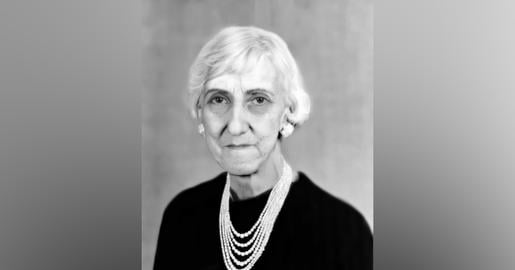


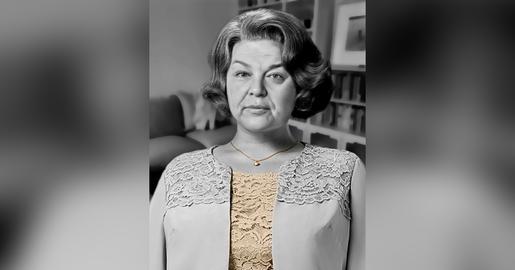
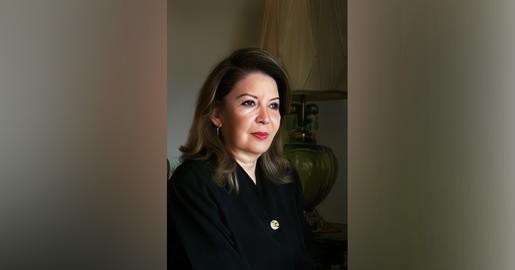

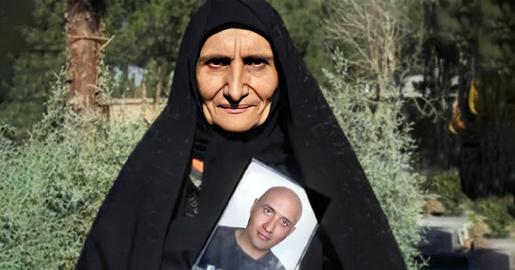

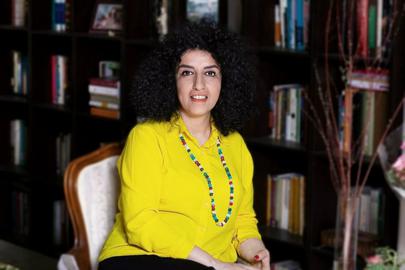

comments